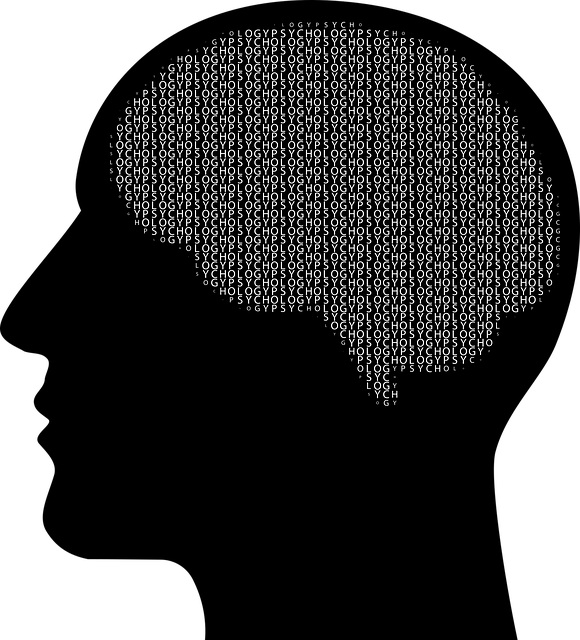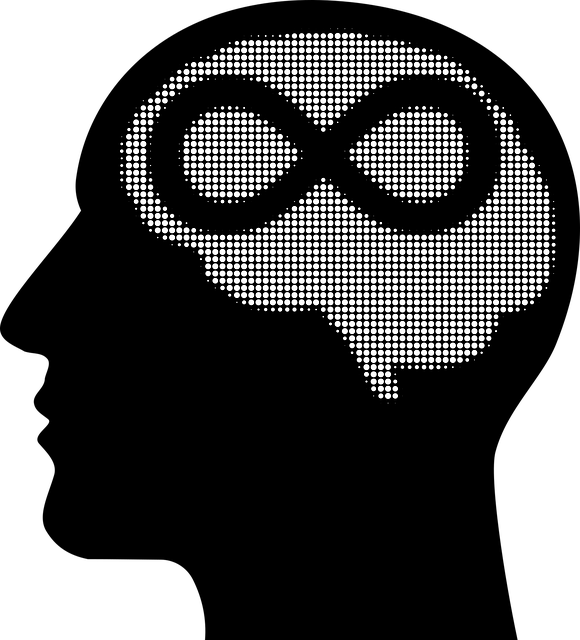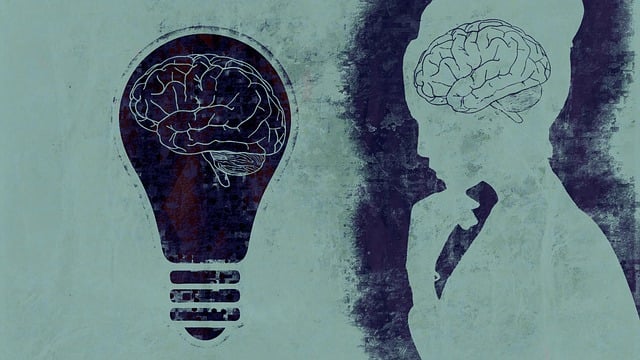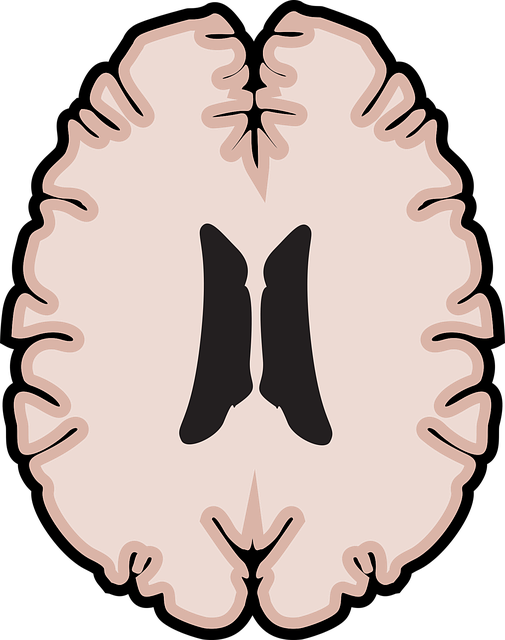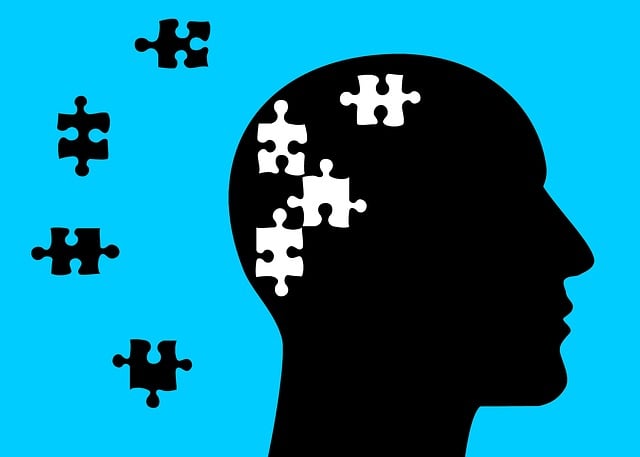Misdiagnosis of mental health conditions is a significant concern in Greenwood Village, where access to specialized services like Crisis Counseling Therapy (CCT) is vital. The complex nature of human behavior, limited assessment tools, and the vast range of mental health disorders contribute to this issue. Overlapping symptoms between conditions like anxiety and depression make accurate diagnosis challenging. Cultural factors, personal experiences, and emotional expression further complicate matters. Greenwood Village CCT offers a unique, revolutionary approach by combining self-awareness exercises with stigma reduction and burnout prevention. They prioritize evidence-based strategies, such as Mental Wellness Journaling and Depression Prevention techniques, to improve diagnostic reliability. Through patient-centered care, cultural competency training, and coping skills development, the therapy ensures personalized, effective treatment plans tailored to each individual's unique story and context.
Mental illness diagnosis accuracy is a critical aspect of patient care, yet challenges like high misdiagnosis rates and contributing factors hinder progress. This article explores efforts to improve diagnostic accuracy, featuring innovative practices such as Greenwood Village Crisis Counseling Therapy, which offers unique approaches to enhance assessment methods. We delve into evidence-based strategies and emphasize patient-centered care as key enablers for more reliable mental health diagnoses. Understanding these efforts is vital in ensuring effective treatment and improved outcomes.
- Understanding the Challenges: Misdiagnosis Rates and Factors Affecting Accuracy
- Greenwood Village Crisis Counseling Therapy: A Novel Approach to Enhance Diagnosis
- Evidence-Based Strategies for Improving Diagnostic Reliability
- Patient-Centered Care: Empowering Individuals in the Diagnosis Process
Understanding the Challenges: Misdiagnosis Rates and Factors Affecting Accuracy

Misdiagnosis rates in mental health are a significant concern, particularly in Greenwood Village, where access to Crisis Counseling Therapy services is paramount. Studies show that a substantial number of individuals receive incorrect initial diagnoses, leading to delayed appropriate treatment. This issue is multifaceted, involving various factors such as the complexity of human behavior and emotions, limited clinical assessment tools, and the vast spectrum of mental health conditions.
One key challenge lies in differentiating between similar symptoms across different disorders, especially when they overlap. For instance, anxiety and depression share numerous common indicators, making accurate diagnosis a delicate task. Furthermore, cultural differences, individual experiences, and the patient’s ability to articulate their feelings can all influence how symptoms are presented, adding complexity to the diagnostic process. Public Awareness Campaigns Development and initiatives focused on improving access to Social Skills Training and Emotional Regulation resources can significantly contribute to enhancing diagnosis accuracy by empowering individuals to recognize and communicate their mental health struggles more effectively.
Greenwood Village Crisis Counseling Therapy: A Novel Approach to Enhance Diagnosis

Greenwood Village Crisis Counseling Therapy offers a novel approach to enhance mental illness diagnosis accuracy. This innovative program focuses on empowering individuals with self-awareness exercises designed to improve their understanding of their emotional states and behaviors. By promoting introspection, patients gain valuable insights that can aid healthcare professionals in making more precise diagnoses. The therapy also addresses the pervasive issue of mental illness stigma reduction efforts, fostering an environment where people feel comfortable seeking help without fear of judgment or discrimination.
Moreover, Greenwood Village Crisis Counseling Therapy incorporates strategies to prevent burnout among both patients and caregivers. This holistic approach ensures that those navigating mental health challenges receive comprehensive support tailored to their unique needs. By combining self-awareness exercises with stigma reduction efforts and burnout prevention tactics, the program aims to revolutionize mental illness diagnosis and treatment, ultimately improving patient outcomes in a supportive and inclusive setting.
Evidence-Based Strategies for Improving Diagnostic Reliability

Improving diagnostic reliability in mental health is a multifaceted endeavor. At Greenwood Village Crisis Counseling Therapy, we emphasize evidence-based strategies to enhance accuracy and patient care. One key approach involves integrating Mental Wellness Journaling Exercise Guidance into treatment plans. Encouraging patients to regularly document their thoughts, emotions, and behaviors can provide therapists with valuable insights into their clients’ mental states. This self-reflective practice helps in identifying patterns and triggers, enabling more precise diagnoses and tailored interventions.
Additionally, our counselors promote Depression Prevention and Mood Management techniques as a means of bolstering diagnostic accuracy. By teaching patients coping mechanisms, stress management strategies, and emotional regulation skills, we empower them to better communicate their experiences during therapy sessions. This proactive approach not only enhances the overall therapeutic process but also contributes to more reliable mental illness diagnosis and effective treatment planning for individuals seeking support at Greenwood Village Crisis Counseling Therapy.
Patient-Centered Care: Empowering Individuals in the Diagnosis Process

In the pursuit of enhancing mental illness diagnosis accuracy, a significant focus has shifted towards patient-centered care. This approach recognizes that individuals with mental health concerns are experts in their own experiences and can play an active role in the diagnostic process. At Greenwood Village Crisis Counseling Therapy, we champion this philosophy, understanding that empowering patients to share their unique stories not only improves diagnosis but also fosters a deeper therapeutic alliance. By encouraging open communication, validating patient perspectives, and involving them in decision-making, healthcare providers can gain a more nuanced understanding of symptoms, coping mechanisms, and personal contexts, leading to more accurate and personalized treatment plans.
The journey towards improved diagnosis accuracy is further enriched by initiatives such as Healthcare Provider Cultural Competency Training and Coping Skills Development programs. These efforts aim to equip professionals with the skills to navigate diverse patient backgrounds, cultural beliefs, and coping strategies. By bridging these gaps in understanding, healthcare providers can better interpret symptoms, recognize potential barriers to treatment, and offer tailored interventions that address both mental wellness and underlying cultural factors. This holistic approach ensures that patients feel heard, respected, and supported throughout the diagnostic and treatment process.
Mental illness diagnosis accuracy is a complex issue, with misdiagnosis rates highlighting the need for improvement. The article has explored various factors contributing to this challenge and presented innovative solutions like Greenwood Village Crisis Counseling Therapy, offering a novel approach to enhance diagnostic reliability. By combining evidence-based strategies with patient-centered care, we can empower individuals in the diagnosis process and ensure more accurate, timely, and effective mental health treatment.



